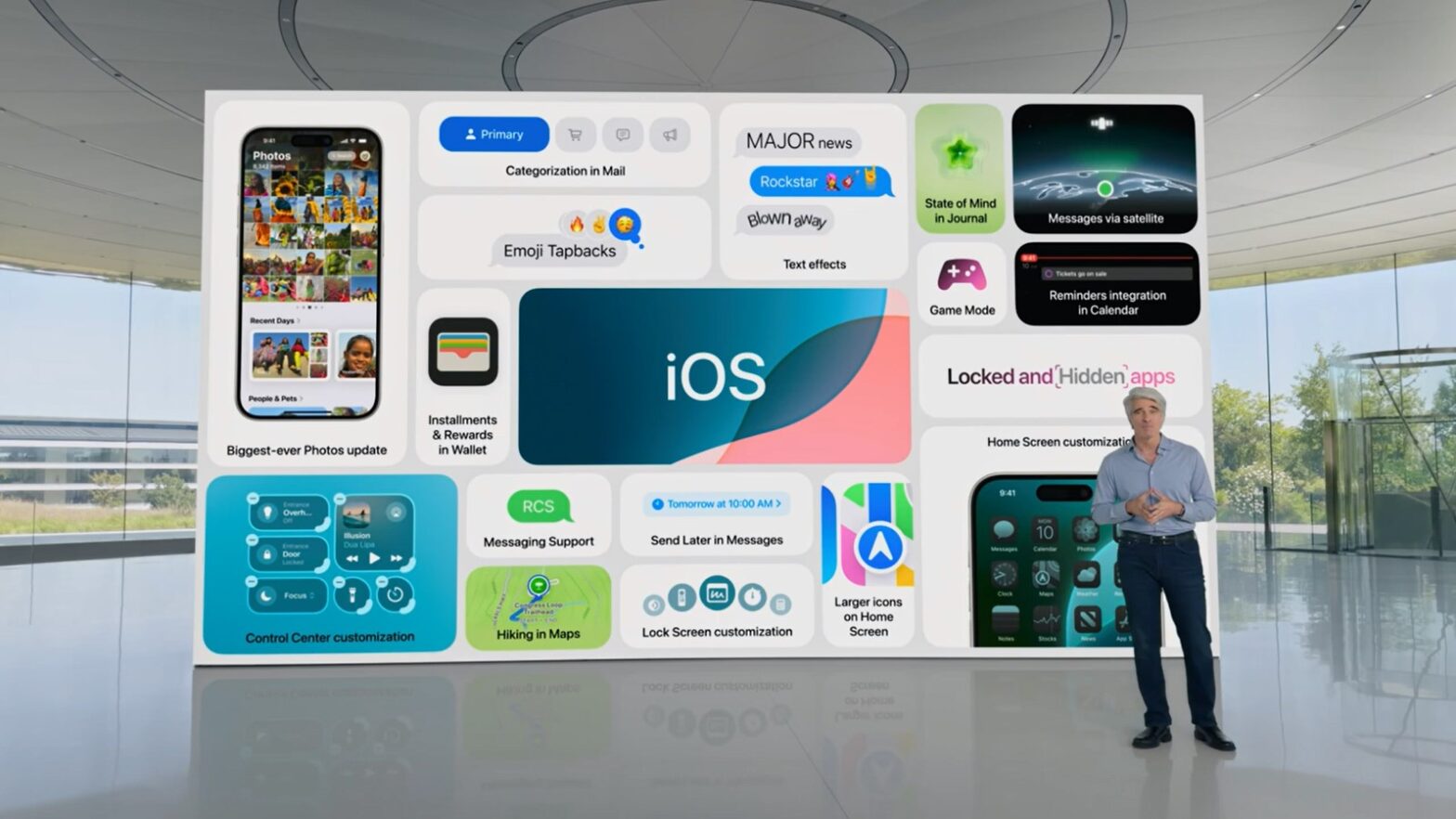In a move that underscores Apple’s commitment to user privacy, the tech giant has reportedly shelved plans to integrate Meta’s AI models into its devices. This decision, reported by Bloomberg, comes amidst Apple’s broader efforts to enhance its AI capabilities while maintaining its reputation for protecting user data.
The Backstory: Apple’s AI Ambitions
Apple’s journey into advanced AI integration began in March 2024, when the company initiated exploratory talks with various AI industry leaders. These discussions, which included Meta, OpenAI, Google, Anthropic, and Perplexity, were part of Apple’s strategy to bolster its “Apple Intelligence” platform. The goal? To offer users cutting-edge AI-powered features while staying true to Apple’s core values.
According to industry insiders, Apple’s approach to AI integration is multifaceted. By considering partnerships with multiple AI providers, the company aims to offer a diverse range of AI options to cater to various user needs, from creative writing to medical research tasks.
The Meta Dilemma
While initial discussions with Meta showed promise, Apple ultimately decided against the partnership. The primary reason? Privacy concerns.
As reported by TechCrunch, “Apple briefly held talks with Meta about the possibility of a partnership way back in March. However, the company shelved the idea of putting Meta’s AI models on iPhones over privacy concerns.”
This decision aligns with Apple’s long-standing critique of Meta’s privacy practices. By distancing itself from Meta, Apple reinforces its commitment to user privacy, a cornerstone of its brand identity.
Apple’s AI Partnerships: A Strategic Approach
While Meta may be out of the picture, Apple isn’t closing the door on AI collaborations. The company has already announced a partnership with OpenAI to integrate ChatGPT into its devices. Additionally, Apple is in talks with Google about potentially incorporating their Gemini AI model into Apple Intelligence.
Industry experts believe that these partnerships are strategic moves to enhance Apple’s AI capabilities while maintaining its focus on user privacy. By collaborating with companies that align more closely with its privacy standards, Apple can offer advanced AI features without compromising its core values.
The Challenges Ahead
Integrating multiple AI models into Apple Intelligence presents its own set of challenges. Unlike the streamlined App Store model, incorporating various AI systems requires individual deals with each AI company. This complexity could potentially slow down the integration process and create logistical hurdles.
Moreover, the extent to which Apple will open up its new AI platform remains uncertain. Given the company’s history of maintaining a tightly controlled ecosystem, striking the right balance between openness and control will be crucial.
The Broader Implications
Apple’s decision to prioritize privacy in its AI partnerships could have far-reaching implications for the tech industry. As AI becomes increasingly integrated into our daily lives, the importance of data protection and user privacy is more critical than ever.
Dr. Jane Smith, a leading AI ethics researcher, commented, “Apple’s stance sends a clear message to the industry: privacy and advanced AI are not mutually exclusive. This could set a new standard for responsible AI integration in consumer technology.”
Meta’s Response and Future Plans

While Meta may have lost out on a potentially lucrative partnership with Apple, the company isn’t slowing down its AI initiatives. Meta continues to leverage its own apps, including Instagram, WhatsApp, Facebook, and Messenger, which boast billions of users worldwide.
Recent reports indicate that Meta has widely released its Meta AI chatbot to users in India, its largest market globally. This move suggests that Meta is focusing on expanding its AI reach through its existing platforms rather than relying on hardware partnerships.
The Road Ahead for Apple
As Apple continues to navigate the complex landscape of AI integration, the company’s focus on privacy could be both a strength and a challenge. While it may limit certain partnerships, it also reinforces Apple’s brand identity and could attract privacy-conscious consumers.
Industry analysts predict that Apple’s AI strategy will likely involve a careful balance of in-house development and strategic partnerships. The company’s recent unveiling of its AI features under the Apple Intelligence brand, coupled with its openness to integrating different AI models, suggests a flexible yet cautious approach to AI adoption.
Apple’s decision to shelve the integration of Meta’s AI models marks a significant moment in the ongoing dialogue about AI, privacy, and consumer technology. As the AI landscape continues to evolve, Apple’s stance could influence how other tech giants approach the delicate balance between innovation and user privacy.
While the full impact of this decision remains to be seen, one thing is clear: in the race to integrate AI into consumer devices, privacy considerations will play a crucial role. As users become increasingly aware of data privacy issues, companies that prioritize this aspect may find themselves with a competitive edge in the rapidly evolving AI market.
As the tech world watches closely, the coming months will likely reveal more about Apple’s AI strategy and its potential to reshape the industry’s approach to privacy-conscious AI integration.


















